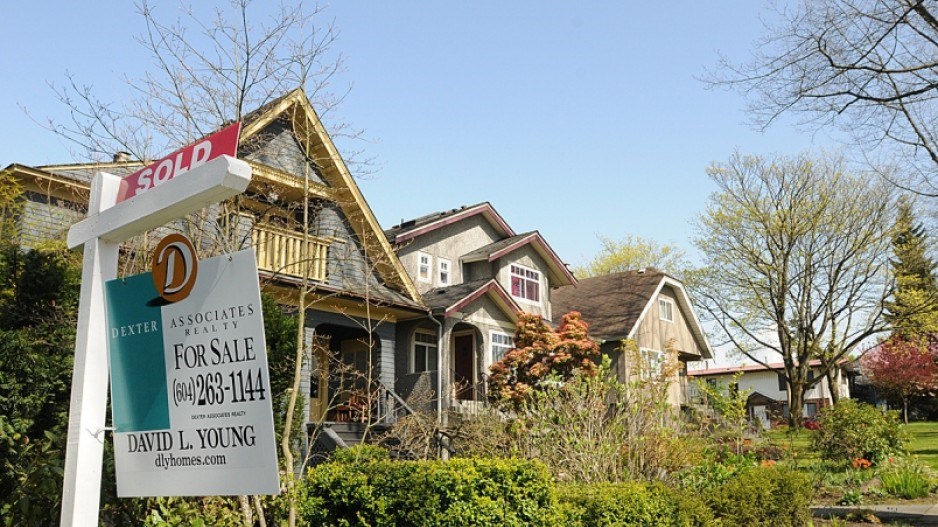The real estate industry is beginning to hope that the worst of the Metro Vancouver housing slowdown is over, with August home sales posting a strong performance.
There were 2,231 residential resale transactions in August, which is a 12.7 per cent decrease from the sales spike seen in July, but 15.7 per cent higher than one year ago, the Real Estate Board of Greater Vancouver reported September 4.
August’s home sales were still 9.2 per cent below the 10-year sales average for the month, but this is a considerable improvement on the 30-40 per cent dip seen over the past year.
“Home sales returned to more historically normal levels in July and August compared to what we saw in the first six months of the year,” said REBGV president Ashley Smith.
(Story continues below)
However, as always, price trends lag sales trends, and the composite benchmark home price (all home types combined) was down 8.3 per cent on an annual basis, currently standing at $993,300.
Signs of optimism
The wider real estate industry is showing signs of optimism that the worst of the housing slowdown is over, and that buyers are taking advantage of lower prices and cheap mortgages to get off the sidelines.
“We found the bottom,” said Jason Turcotte, vice-president of development at Cressey Development. “We saw prices soften over the past 18 months and I think what it tells us is after finding bottom, people are starting to find value in offerings and resume buyer activity.”
But with listings more plentiful than a year ago, the increased supply may keep prices supressed for a little longer. The number of homes currently listed for sale on the MLS in Metro Vancouver is 13,396, a 13.3 per cent increase compared to August 2018.
Smith said this is not a problem, as the new buyer demand is keeping up with the added listings. “With more demand from home buyers, the supply of homes listed for sale isn’t accumulating like earlier in the year. These changes are creating more balanced market conditions,” Smith said.
For all property types, the sales-to-active listings ratio for August 2019 is 16.7 per cent, which is in the middle of the 12-20 per cent balanced-market range.
By property type, the ratio is 12 per cent for detached homes (edging back into a balanced market, from a buyer’s market), 18.4 per cent for townhomes (balanced), and 21.2 per cent for apartments (moving back into seller’s market territory).
Sales and prices by property type
There were 706 detached homes sold in Metro Vancouver in August, which is up an impressive 24.5 per cent year over year, but a drop of 16 per cent compared with July 2019.
Prices for detached homes continue to slip, although the benchmark remains high at $1,406,700. This is a 9.8 per cent decline from August 2018 and a 0.7 per cent slip from July 2019.
Sales of attached homes such as townhouses and duplexes totalled 409 in August, a 21.4 per cent increase year over year, and a 13.5 per cent drop from July.
A typical Metro Vancouver attached unit now trades at $654,000, which is a 7.8 per cent decrease from August 2018, but a slight 0.2 per cent increase compared with July 2019.
Condo sales trends are behind the curve, rising more slowly at 8.9 per cent year over year to 1,116 in August, which is 10.2 per cent lower than in July.
The benchmark price of a Metro Vancouver condo is now $771,000, which is a 7.4 per cent decrease from August 2018 and a 0.1 per cent increase compared to July 2019.
Home prices vary widely in different areas throughout the region. Check out the full REBGV stats package here.
Glacier Media Real Estate




